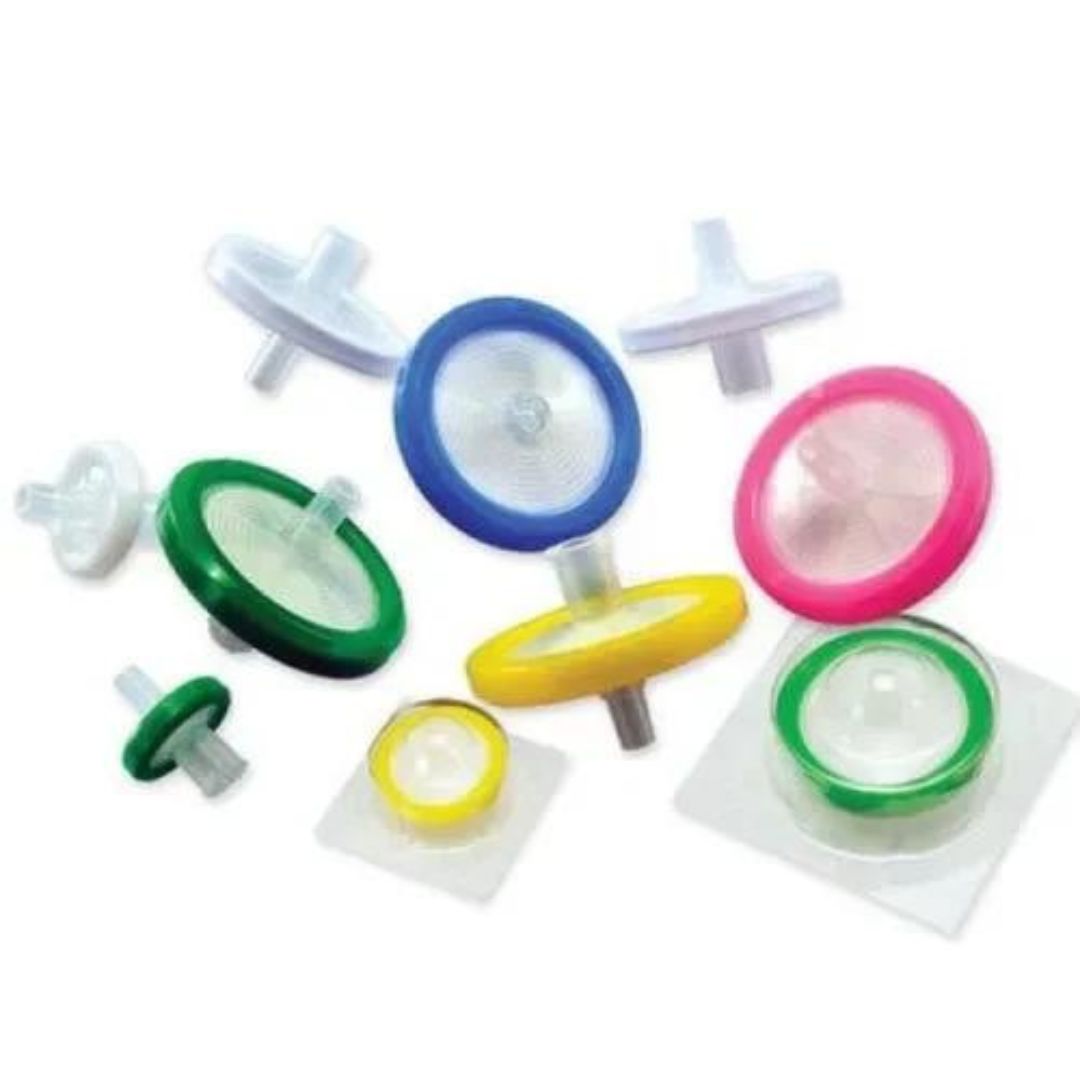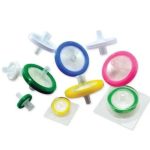
Syringe filters are major tools used in laboratories, health institutions, and other industries to ensure liquid and gas purity and safety. Despite its extensive use, myths and misinformation perpetually cloud people’s concerns about Syringe filters, leading to misuse or confusion. This article describes some common myths surrounding Syringe Filters and clarifies their proper applications and benefits.
Myth 1: All Syringe Filters Are the Same
Most people believe that all syringe filters are essentially the same in design and functionality. However, they are markedly different based on their materials, pore sizes, or applications.
- Reality: Syringe filters exist. PTFE, PVDF, and nylon differ. PTFE filters are suitable for filtering non-polar solvents, whereas nylon is perfect for aqueous and organic solutions
- Myth-buster: Select a suitable filter material and pore size appropriate to your application.
Myth 2: Syringe Filters Are Meant Only for Lab Use
Most people recall that syringe filters are only applied in the laboratory and never out of the laboratory.
- Reality: They are practiced, in fact, in the pharmaceutical, food, and beverage industries, environmental testing, etc. They prepare a sample for sterilization and remove particles.
- Tip: Syringe filters can be utilized for various application types of filtration. They could be used away from the lab to filter liquids in industrial processes.
Myth 3: Syringe Filters Are Reusable
Another widespread myth is that syringe filters can be cleaned and re-used often without affecting the performance.
- Reality: Syringe filters are generally single-use devices. Their filtration efficiency is lost if used more than once, contaminating the filtered product.
- Tip: For precise results and no contamination of the work, change the syringe filter for each use.
Myth 4: Pore Size Doesn’t Matter
Many users believe that pore size is entirely irrelevant as long as it acts to exclude contaminants physically.
- Reality: The most crucial point for the pore size in a syringe filter is 0.22 µm to ensure sterilization, while other pore sizes for general filtration should be around 0.45 µm. It may lead to incomplete filtration and a low flow rate if the selected pore size does not match the syringe filter requirement.
- Tip: Use an appropriate pore size for your filtration.
Myth 5: Syringe filters are suitable only for liquids.
Many people think that syringe filters should be used for liquid samples and dismiss their utility for gases, solids, etc.
- Fact: Syringe filters can filter gases, particularly in gas chromatography or preparing air samples. PTFE filters, which are durable and chemical-resistant, are particularly suitable for gas filtration.
- Tip: Find the versatility of syringe filters in your specific application, such as gas filtration.
Myth 6: Syringe Filters Are Very Expensive
Many think syringe filters are too expensive, especially for constant use.
- Reality: Quality syringe filters are costly in the primary stage but will be very economical in the long run. Good-quality syringe filters ensure no sample gets contaminated and the results are not wasted. It saves time and resources, preventing damage due to contamination when buying the right syringe filter.
- Tip: Consider syringe filters as an investment in accuracy and efficiency rather than an expense.
Myth 7: All Syringes Fit All Syringe Filters
Some users assume that all syringes fit all syringe filters.
- Reality: Syringe filters come in various sizes specific to the types of syringes used and can be matched by the connectors employed. An inappropriate filter may cause leakage or incorrect filtration.
- Tip: Always verify that your siringe is compatible with your filter before using your application.
Myth 8: Syringe Filters Are Complicated To Use
The popular misconception is that syringe filters are complicated equipment requiring extensive training.
- Reality: Syringe filters are easy to use and quite simple. Most are self-explanatory; once used a few times, they are seamlessly incorporated into the workflow.
- Tip: Get to know the design of the filter and how to apply it for maximum efficiency.
Myth 9: Syringe Filters Are Only Needed for High-Stakes Applications
Some might believe that syringe filters are solely required in highly critical applications, such as the pharmaceutical manufacturing industry.
- Fact: Syringe filters are useful in virtually every task, from simple sample preparation to critical research. Filtration failure can result in contamination and poor results, even for less critical applications.
- Tip: Use syringe filters in all your filtrations to ensure consistent and quality results.
Conclusion
Knowing the facts about Syringe filters maximizes their effectiveness and ensures the successful outcomes of various applications. The right choice of filter and proper usage increase the efficiency of your filtration processes while preserving your work.
Consider Simsii Inc. for high-quality syringe filters designed to meet diverse filtration needs. Every syringe filter is designed and manufactured with precision and reliability for optimal performance.






Leave a Reply